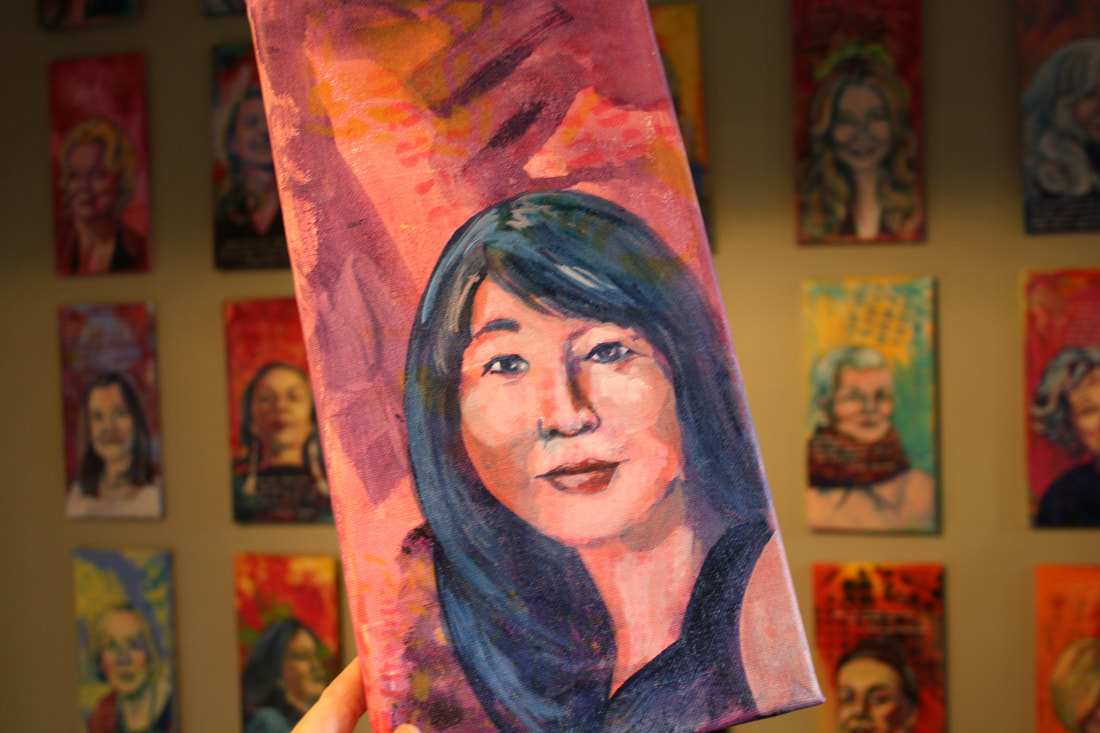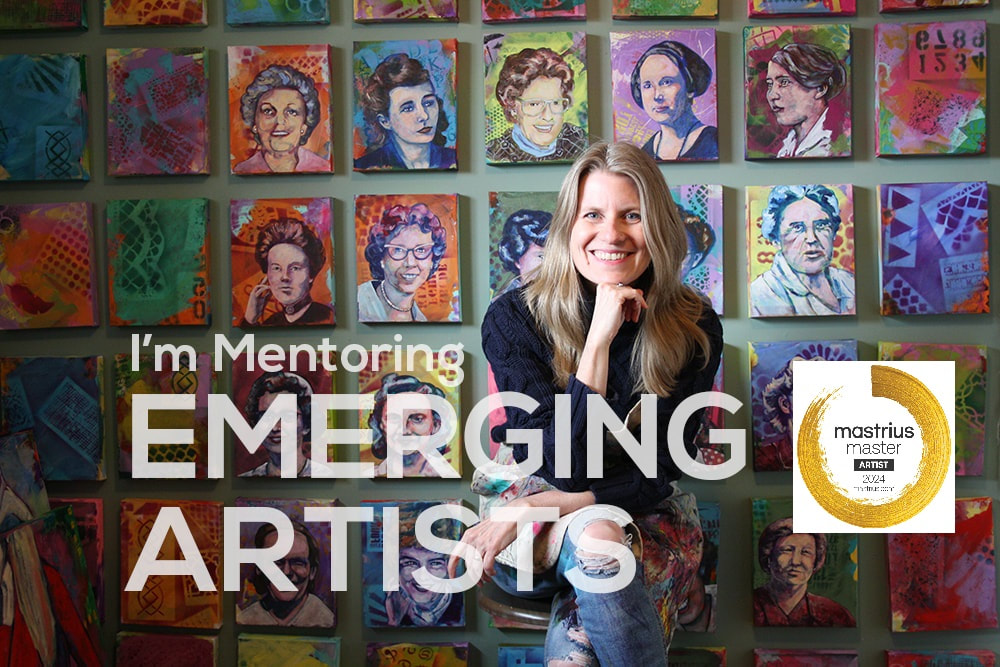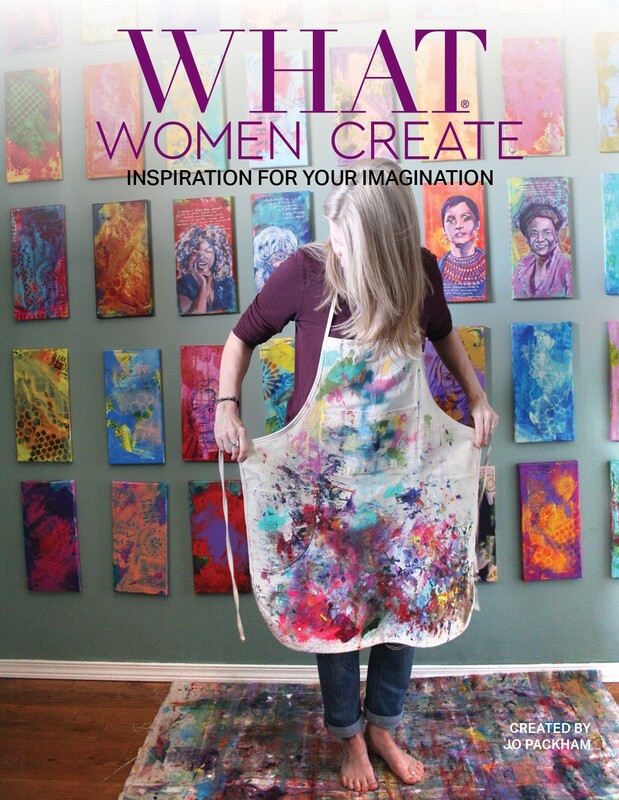I see litarature as a space of equality, a vast field of sound. Do Not Say We Have Nothing opens in 1990 in the home of Marie, who disarmingly informs us that her Chinese nickname means “charming mineral”. It was given to her by Ai-Ming, the daughter of mysteriously connected friends of her father, who has been adopted by her mother after fleeing the repercussions of the 1989 Tiananmen Square protests.
Ai-Ming’s arrival in Canada opens the door on 60 years of catastrophic history involving the families of two talented Chinese musicians, one of whom – Marie’s father – defected to the west, while the other stayed in China. Both men are now dead, leaving their daughters to piece together their story. Like Marie, Thien is a child of several cultures who grew up in Canada. Her mother was a Cantonese speaker from Hong Kong while her father is Hakka, ethnically Chinese but born in a part of Malaysia that was once the British protectorate of north Borneo. Her parents met as students in Australia then settled in Malaysia until the region became dangerously unstable. They emigrated to Vancouver in 1974 with two small children and a plan to open a Chinese-Canadian diner, “which would serve chop suey plus bacon and egg sandwiches”. Thien was born two months later and the diner failed, which, she says, was just as well as she was diagnosed with a life-threatening kidney condition which kept her in hospital for six months, with her parents keeping vigil at her bedside. After that, “it was a very typical immigrant story in the sense that they struggled for a long time and my mum had three jobs. I remember not seeing her. My dad was the one who was at home with us, but we did, as kids, spend a lot of time alone,” she says. As the sole member of her family who was born in the west, Thien is the only one whose mother tongue is English. She has no Mandarin, but learned Cantonese as a child, and has “the writing age of an eight-year-old”. As for speaking: “My mother used to say that my tones are all crooked: it’s like hearing a song sung out of tune.” The novel takes us back from the “1989 generation” who were caught up in Tiananmen Square to the “1966 generation”, who went through the Cultural Revolution. It turns out that Marie’s father, Jiang Kai, was a concert pianist who was tutored at the Shanghai Conservatory by Ai-Ming’s father, Sparrow, a talented composer. The closure of the conservatory in 1966 drove the two musicians into different versions of artistic exile. While Jiang Kai flees first to Beijing and later to Canada, Sparrow is thrown into a no-man’s land of creative silence. One of the more bizarre facts of the Cultural Revolution was that while western music was being destroyed all over China, Mao had a symphony orchestra in Beijing. Thien builds this paradox into the fabric of the novel: it is structured as theme and variations, taking its cue from Sparrow’s obsession with Bach’s Goldberg Variations, as performed over several decades by the Canadian pianist Glenn Gould. Thien was an idealistic 14-year-old Vancouver schoolgirl when the 1989 demonstrations began. “It was the first time I saw events outside unfolding in real time on CNN, and it was a parallel world. For a long time it looked as if it was going to turn out very differently: there was so much joy, as if people were finally going to have a say in what Chinese modernity would look like and in directing their country. Instead, a more authoritarian system became entrenched, and that’s very shocking 27 years on.” In the novel, Marie is too young to understand what is happening, but her incomprehension about her family’s plight attaches itself to “those chaotic, frightening images of people and tanks, and my mother in front of the screen”. She was a talented dancer, winning a scholarship to study contemporary dance and ballet at university, which she lost after becoming distracted by words. “I came from quite a poor neighbourhood and didn’t have access to ideas, so I did this silly thing. I was taking all these fourth year philosophy courses and it was a leap too great.” Unable to support herself without the scholarship, she abandoned the course, and it was a while before she found a way of financing herself on the new journey of a literature degree. She emerged, aged 23, with “a few short stories” and took a clerical job at an academic press – “the perfect set of circumstances because the job was just the job and I could keep all that creative energy for trying to learn the art of short fiction”. Then came the offer of a scholarship to do a master’s degree in creative writing, “and that was life changing”. Thrift was one of the habits she is grateful to have learned from her mother: “I wouldn’t have gone into debt. Having enough money is important to me.” She spent the first year working on the seven stories that would become her first book, Simple Recipes, devising a writing system that involved repeatedly abandoning and rewriting whole drafts. “If a person erases him or herself in order to survive, how can they find that self again? Can survival bring them peace, or is it only madness to remember?” Do Not Say We Have Nothing makes the surprising suggestion that part of the solution might lie in the act of copying. The different generations of Marie and Ai-Ming’s families are connected by the manuscript of a novel, “The Book of Records”, chapters of which have been carefully copied out, hidden in walls and beneath floorboards, and passed from hand to hand. “The Book of Records” is precious because it represents a narrative that doesn’t conform to the approved version of Chinese history, Thien explains. “It’s a book with no beginning, no middle and no end, in which the characters are seeing an alternative China where they recognise mirrors of themselves and which they write themselves into.” She considers herself fortunate to have a foreigner’s immunity from political persecution – “I’m not beholden to anyone who could be hurt” – even though she has been outspoken about what she sees as a new authoritarianism in China, publicly criticising the closure of an innovative, intercultural creative writing master’s course on which she has taught at the City University of Hong Kong since 2010. “I hesitate to use the incendiary words of censorship, freedom of speech and intellectual freedom. However, it has become increasingly clear to me, as events have unfolded, that these are precisely the issues,” she has written. Each [book] took her five years to write and, she says, she hopes her next book will take her somewhere less exhausting, “though my interests have always been political and historical so to some extent that will always find its way into my writing”. In a new era of revolution and mass migration from punitive regimes, there can be few more pressing existential questions for fiction to tackle than Thien’s: “How do you write yourself back into the history that is officially erasing you?” ~ Claire Armitstead, Guardian Comments are closed.
|
|




